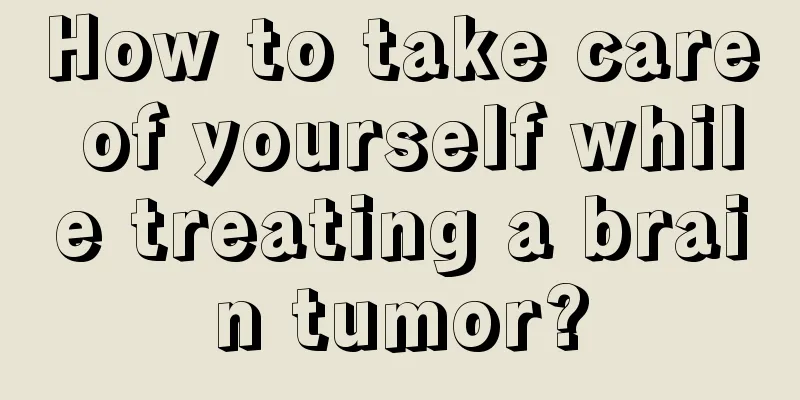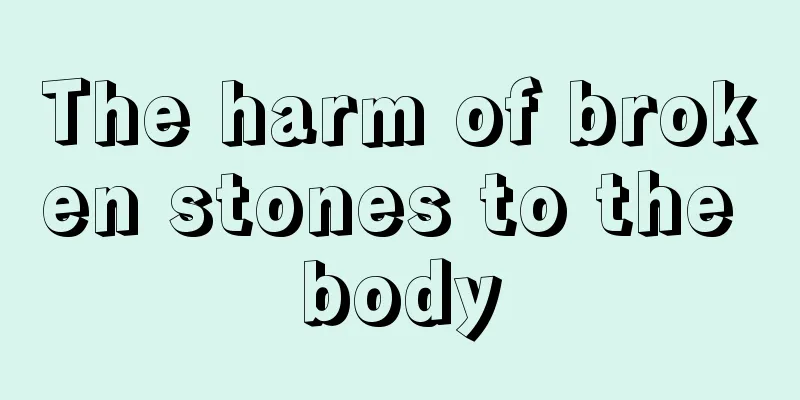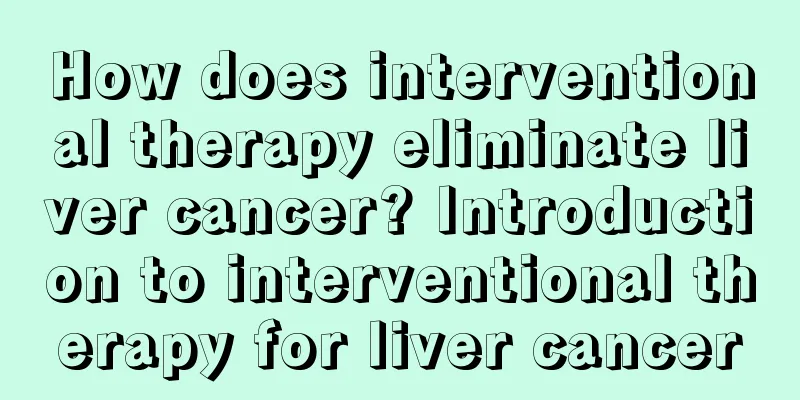Cold sweats on chest at 3am

|
In our current lives, many people have frequent nightmares and night sweats when they sleep at night, especially in the early morning. This phenomenon will become more serious. Sometimes there will be chest pain. When you wake up in the morning, you will feel a severe headache. After a night of sleep, the body will still feel particularly tired. These are all symptoms of nocturnal hypoglycemia. Cold sweats on your chest at three in the morning should alert you to the possibility of a cold or nocturnal hypoglycemia. If the symptoms recur, you can go to the hospital for a blood sugar test. Causes of nocturnal hypoglycemia 1. Eating too little: As the weather gradually turns cooler, the human body consumes more energy. Since it gets dark early, dinner time may be advanced, and since the nights are long and the days are short, breakfast time may be postponed. Therefore, the time interval between dinner and breakfast will be longer than in summer. If the amount of food intake and exercise is still the same as usual, nocturnal hypoglycemia may occur. The result is that the incidence of hypoglycemia may be higher in autumn and winter than in summer. 2. Too much exercise: The period from dinner to the next day's breakfast is long. If you eat less at dinner, do too much activity after dinner without replenishing food, or have poor gastrointestinal function, frequent bowel movements, insufficient absorption of nutrients or excessive loss of nutrients, the body will suffer from insufficient energy reserves. 3. Not well treated: During drug treatment, especially insulin treatment, if the dosage and maintenance time of long-acting and short-acting insulin are not well controlled, or if patients taking oral sulfonylurea hypoglycemic drugs overdose or use them improperly, they are more likely to experience hypoglycemia. Consequences of hypoglycemia Milder symptoms of hypoglycemia can disappear quickly as blood sugar returns to normal, but symptoms of brain dysfunction may take hours, days, or even longer to disappear. Since brain cells can only rely on glucose for energy, hypoglycemia can easily cause ischemia and hypoxia of brain cells. Severe and persistent (>6 hours) hypoglycemia can lead to permanent brain dysfunction or death. Repeated hypoglycemia can also easily lead to memory loss and increase the risk of Alzheimer's disease. It can also reduce the warning symptoms of hypoglycemia and even cause hypoglycemia coma without warning symptoms. Hypoglycemia in the elderly can easily induce complications such as arrhythmia, angina pectoris, myocardial infarction and cerebrovascular accident. Acute hypoglycemia may also cause cerebral edema. |
<<: It's not my period but I have a small amount of bleeding
>>: Pain in the middle of the chest above the stomach
Recommend
Several major factors that induce the occurrence of breast cancer
Women can suffer from a variety of breast disease...
What to do if the femoral head is broken
People's bodies seem strong but are actually ...
How long can you live with rectal cancer
Cancer is a terrifying and deadly disease. In rec...
How long should I apply the egg and honey mask
Eggs are not only an edible food that is loved by...
Imported drugs for treating colon cancer
Do you know about the drugs for treating colon ca...
Methods for stopping external bleeding
It is very common for wounds to bleed due to trau...
Blood in the stool should alert you to rectal cancer
Ms. Wang is 67 years old. Three months ago, she f...
What are the uses of sodium hydroxide
With the advancement of modern technology, many c...
What are the early symptoms of lupus erythematosus
As an immune disease, lupus erythematosus has obv...
What is the treatment for talar necrosis
There are more than 200 bones in our body. If any...
Women are most likely to get four major diseases when their area becomes hard
A woman's body should be as soft as cotton wo...
The role of Lactobacillus casei
Lactobacillus casei is a food raw material. Most ...
How many days will it take for the blisters to heal
There are many reasons for blisters, but most peo...
What to eat for lumbar spinal stenosis, key points of care to know
Lumbar spinal stenosis is most common in middle-a...
What are the benefits of eating watermelon with salt?
Watermelon is a summer fruit that is huge in size...









